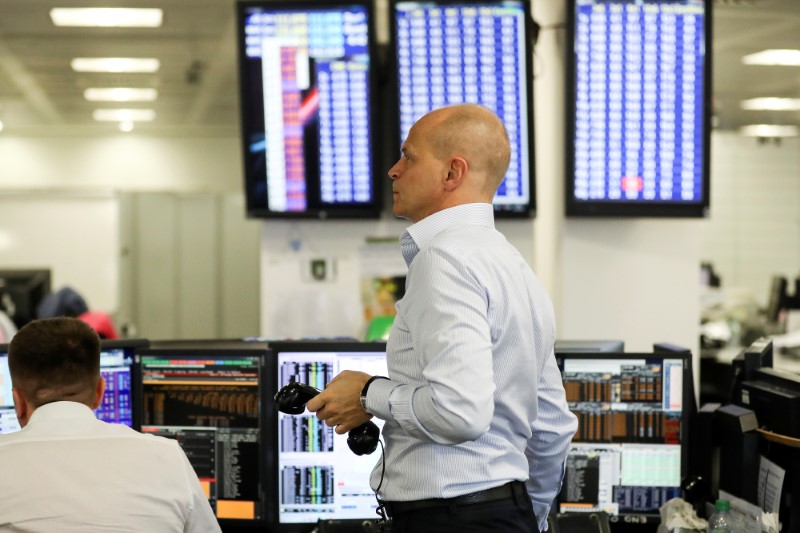(Bloomberg) -- Argentine President-elect Alberto Fernandez risks a repeat of the 2001 debt crisis that led to a messy 15-year legal battle with creditors unless he can quickly restructure $50 billion of bonds.
That’s the warning from Christian Cavanagh, chief investment officer at Buenos Aires-based Delta Asset Management. His Delta Internacional Fund returned 95% in dollar terms in the past decade, trouncing 99% of peers in the nation’s capital, data compiled by Bloomberg show. Two other Delta portfolios, including his bond fund, rank in the top 10%.
While Delta has weathered Argentina’s turmoil better than most, diversifying into Brazil, Chile and China, the firm’s assets have slid to about $350 million from $1.3 billion early last year amid a currency sell-off and redemptions. Cavanagh said Delta “almost reached bottom” and that the figure should climb when capital controls are lifted.
His biggest concern is whether the incoming Argentine administration, set to take office Dec. 10, can reach a deal with creditors before a wall of maturities comes due in the second quarter of 2020. If not, the government and bondholders could be in for a long fight.
“If we go into a disorderly default, this will turn much worse and bond-spread action could go much lower,” Cavanagh said in an interview at his downtown office. “In that case, some vulture funds could take positions and you would run into this vicious cycle. Negotiations would become much tougher.”
Just three years after settling with holdout creditors from a record default in 2001, Argentina is again looking like a ripe target for funds that specialize in wringing value out of distressed assets. Cavanagh, 47, said he hopes the government and creditors can avoid such a fate but that investors will probably demand more details of the administration’s economic plan before sealing an accord.
Delta Internacional has scaled back what was once an exclusively Argentine bet since 2016. Late last year, Brazil supplanted Argentina as its top wager. Now just 8.8% of the fund is in local assets, compared with 52% in Brazil, a regional haven amid political upheaval from Chile to Bolivia and Ecuador.
READ: Argentina’s Best Equity Managers Shunned Local Stocks This Year
In other funds, Cavanagh said he’s boosted his exposure to Asian assets, Chinese A Shares in particular, on prospects the world’s two largest economies can reach a trade deal. Meantime, he favors Brazilian mid-cap stocks and Argentine equities outside the benchmark S&P Merval Index as well as corporate debt from YPF SA and Vista Oil & Gas Argentina SA, which he says offer attractive yields with a lower risk of default.
Cavanagh said he’s less optimistic on the nation’s banking industry, saying hyperinflation is a legitimate risk if the Fernandez administration prints more money fund the deficit. If capital controls aren’t lifted soon, MSCI Inc. could demote Argentina from emerging-market status, he said.
“Today we’re in the middle of this cloud with a lot of risks,” he said. “We need a good administration to help take us out of this mess.”
